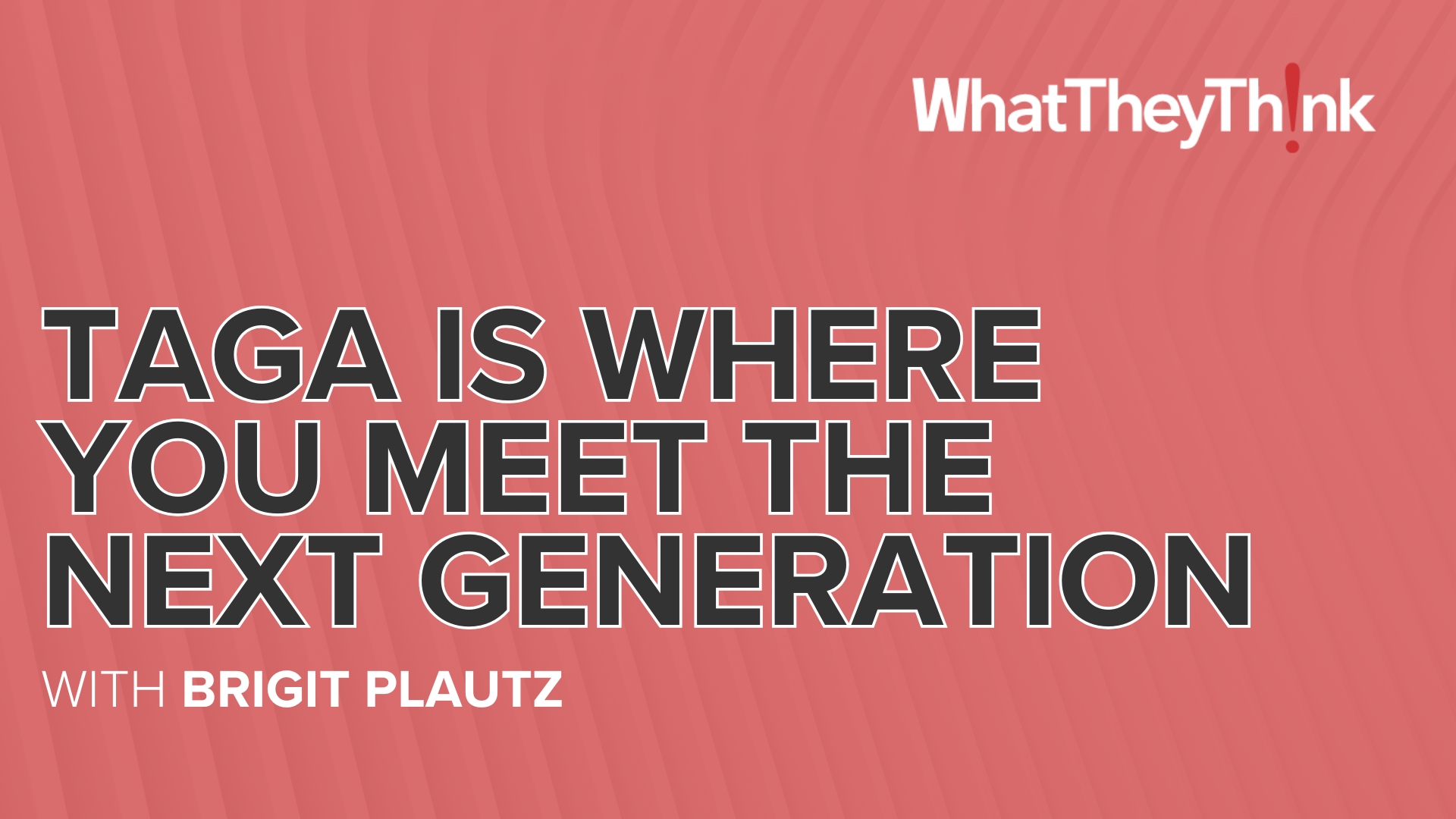A new report from Deloitte,
Towards Zero Impact Growth: Strategies of leading companies in 10 industries, identifies companies it refers to as “Zeronauts”: “individuals and/or organizations that try to minimize their natural and societal impact to a zero level.” These Zeronauts are placed on a continuum of “maturity,” starting from the most basic “Eureka!” stage (a company recognizes the importance of sustainability, but hasn’t implemented any actions yet), up through “Experiment,” “Enterprise,” “Ecosystem” (a company sets “measurable, ambitious targets based on a mid- to long-term vision [≥2020]”), and, finally, “Economy,” in which a company has dedicated itself
in toto to a zero impact growth strategy. The considerations that add up to “sustainability” are a combination of environmental and social elements.
Deloitte picked a sample of 65 companies in 10 core industries (Technology, Oil & Gas, Basic Materials, Industrials, Consumer Goods, Health Care, Consumer Services, Telecommunications, Utilities, and Financial & Support Services), analyzed their sustainability plans, and placed them on their “five E” continuum. The majority (45) of the companies merited the “Enterprise” maturity level—“the company has developed a short- to mid-term strategy ( ≤ 2020) for specific areas and has set measurable targets”—while a further 13 are a notch lower at the “Experiment” level. While no one has yet made it into Deloitte’s “most mature” “Economy” category, six companies were identified as being in the “Ecosystem” category: Natura, Nestle, Nike, Puma, Ricoh, and Unilever. Ricoh topped four other companies in the “Technology” industry: Fuji Xerox, Infosys, Philips, SAP, and Siemens.
Via
Large-Format Review, Stephen Palmer, Production Print Director, Ricoh UK said:
“Sustainability is the responsibility of us all. At the core of our own manufacturing and business activities, initiatives have been taken in the three core areas of energy conservation and prevention of global warming, resource conservation and recycling and pollution. And, for the benefit of production print customers, Ricoh’s Carbon Balanced Printing Programme allows clients to promote an even more sustainable printing service by becoming carbon neutral for every single job completed on a Ricoh production printing machine.”
According to the company’s
2011 Sustainability Report:
the Ricoh Group...commits itself to reducing the following environmental impacts to one-eighth (a 87.5% reduction) by 2050 through sustainable environmental management: environmental impact from (1) total CO2 emissions from its products and services throughout their lifecycles; (2) input of new resources; and (3) the use of chemical substances.
More information about the “zero impact growth” idea can be found in John Elkington’s book
The Zeronauts—Breaking the Sustainability Barrier.














